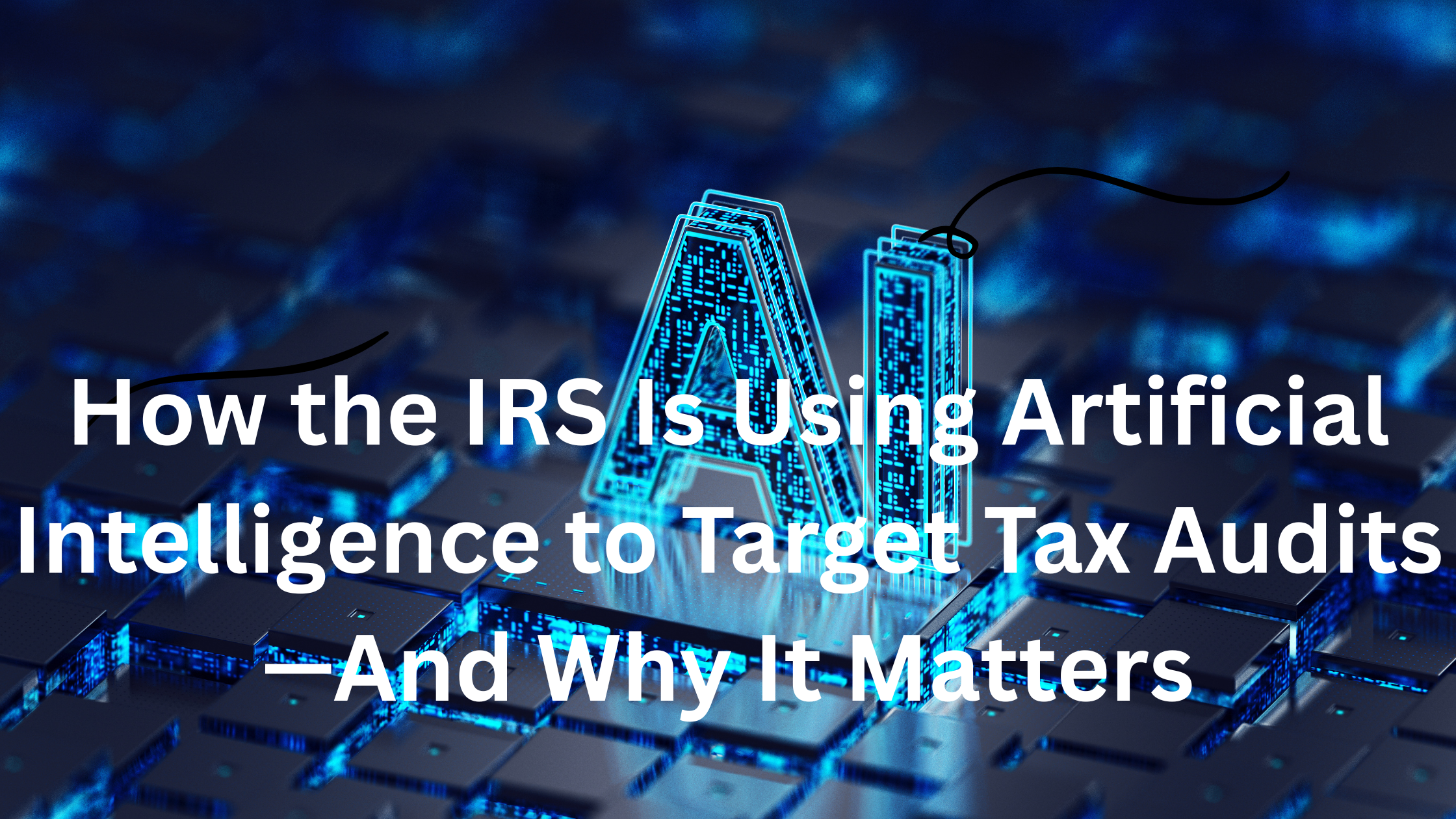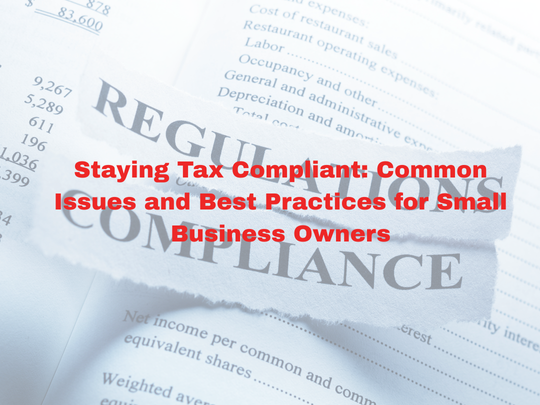It’s never too late to start, but the sooner you begin saving, the more time your money has to grow. Gains each year build on the prior year’s gains – that’s the power of compounding – and the best way to accumulate wealth. These ten tips will help you get started:
- Set Realistic Goals. Project your retirement expenses based on your needs, not rules of thumb. Be honest about how you want to live in retirement and how much it will cost. Then calculate how much you must save to supplement Social Security and other sources of retirement income.
- A 401(k) Is One Of The Easiest And Best Ways To Save For Retirement. Contributing money to a 401(k) gives you an immediate tax deduction, tax-deferred growth on your savings, and – usually – a matching contribution from your company.
- An IRA Can Also Give Your Savings A Tax-Advantaged Boost. Like a 401(k), IRAs offer huge tax breaks. There are two types of IRAs. The first is a traditional IRA offers tax-deferred growth, meaning you pay taxes on your investment gains only when you make withdrawals. If you qualify, your contributions may be deductible. The second is a Roth IRA. By contrast, it doesn’t allow for deductible contributions but offers tax-free growth, meaning you owe no tax when you make withdrawals, but contributions are not deductible.
- Focus On Your Asset Allocation More Than On Individual Picks. How you divide your portfolio between stocks and bonds will have a big impact on your long-term returns.
- Stocks Are Best For Long-Term Growth. Stocks have the best chance of achieving high returns over long periods. A healthy dose will help ensure that your savings grow faster than inflation, increasing the purchasing power of your nest egg.
- Don’t Move Too Heavily Into Bonds, Even In Retirement. Many retirees stash most of their portfolios in bonds for income. Unfortunately, over 10 to 15 years, inflation can easily erode the purchasing power of bonds’ interest payments.
- Making Tax-Efficient Withdrawals Can Stretch The Life Of Your Nest Egg. Once you’re retired, your assets can last several more years if you draw on money from taxable accounts first and let tax-advantaged accounts compound for as long as possible.
- Working Part-Time In Retirement Can Help In More Ways Than One. Working keeps you socially engaged and reduces the amount of your nest egg you must withdraw on an annual basis once you retire.
- Other Creative Ways To Get More Mileage Out Of Retirement Assets.
You might consider relocating to an area with lower living expenses or transforming the equity in your home into income by taking out a reverse mortgage. - Consult a Tax Professional. A tax and accounting professional will evaluate your financial situation (i.e., income and expenses), evaluate your tax situation, and help you figure out how much you can put towards your retirement savings.





